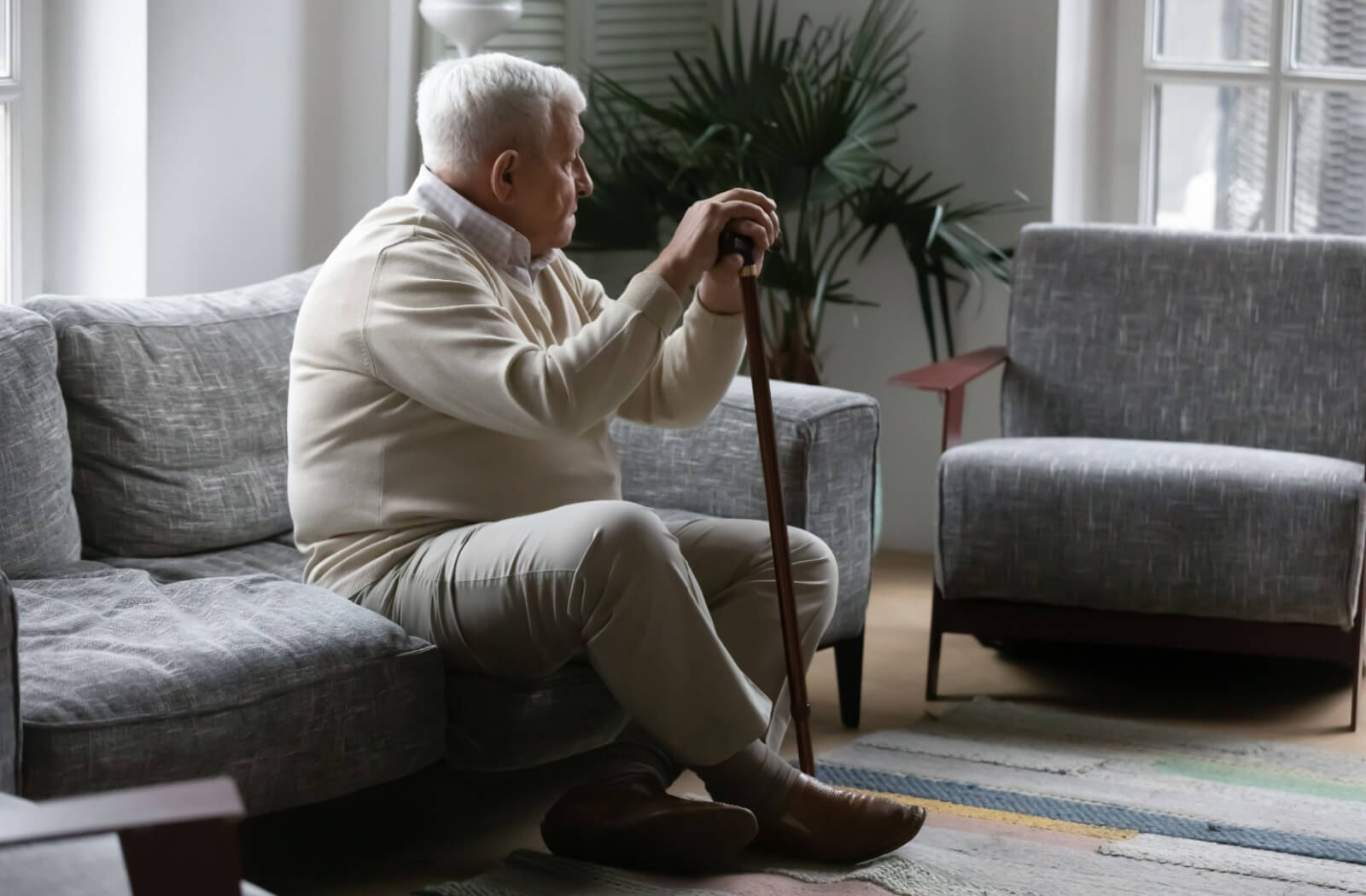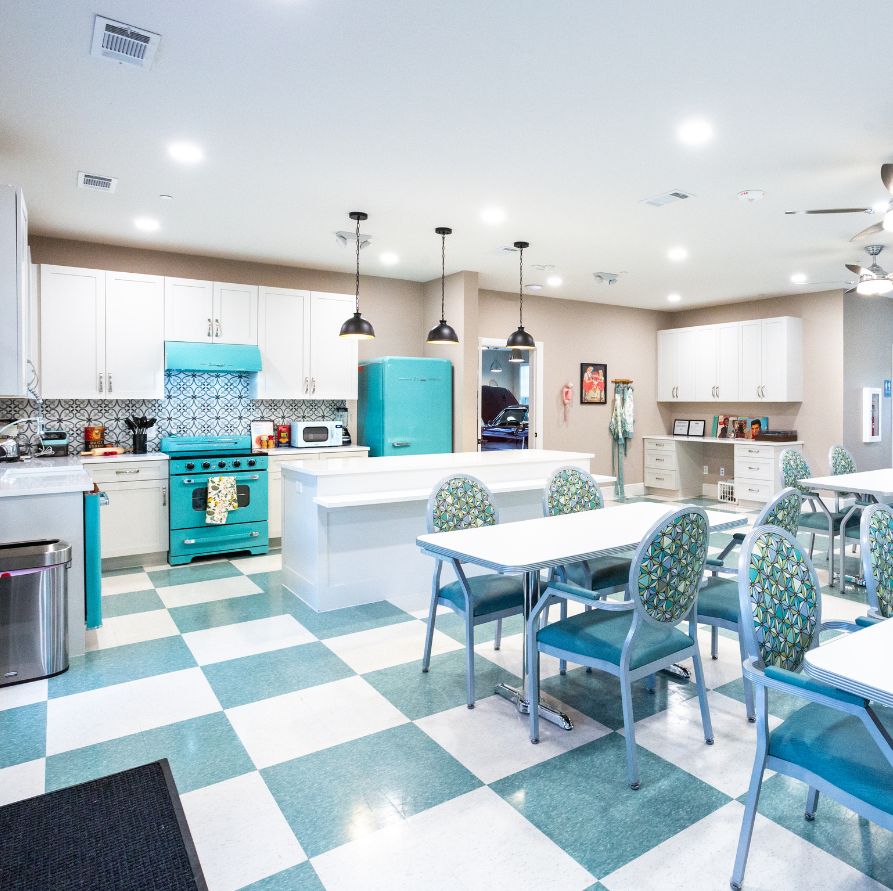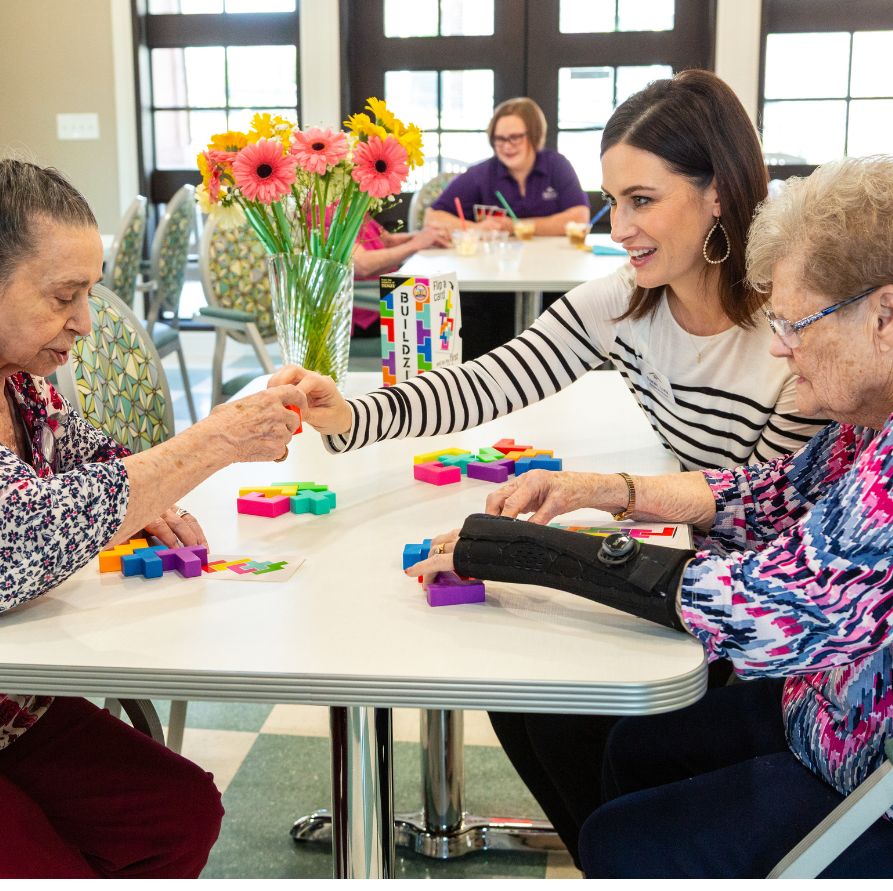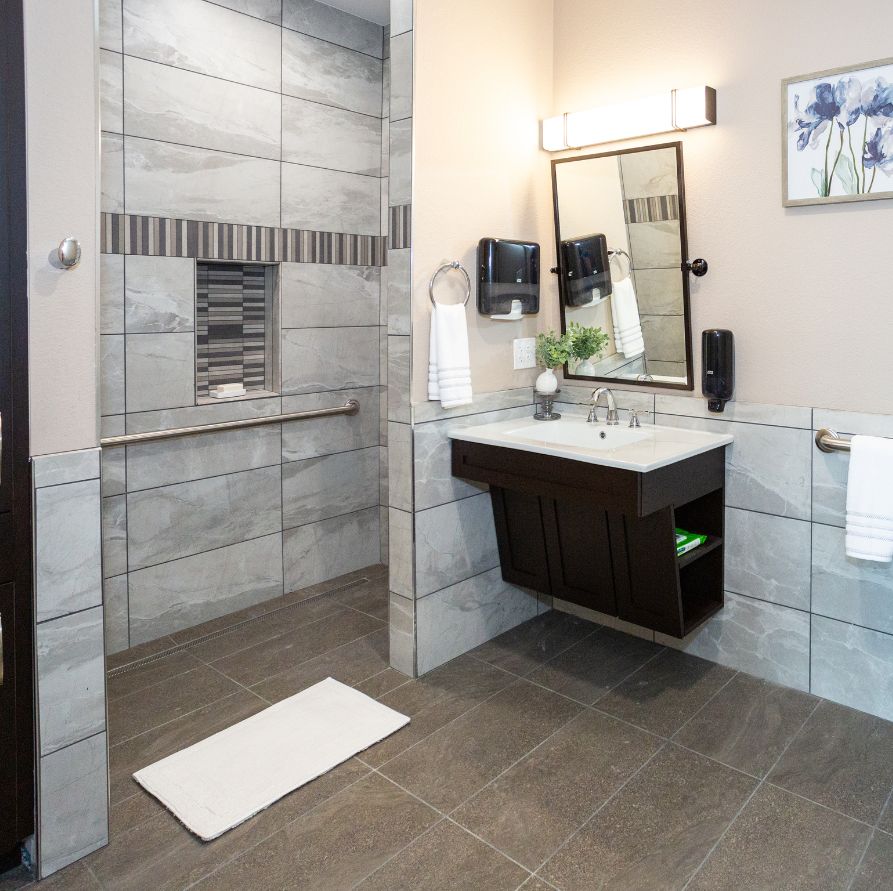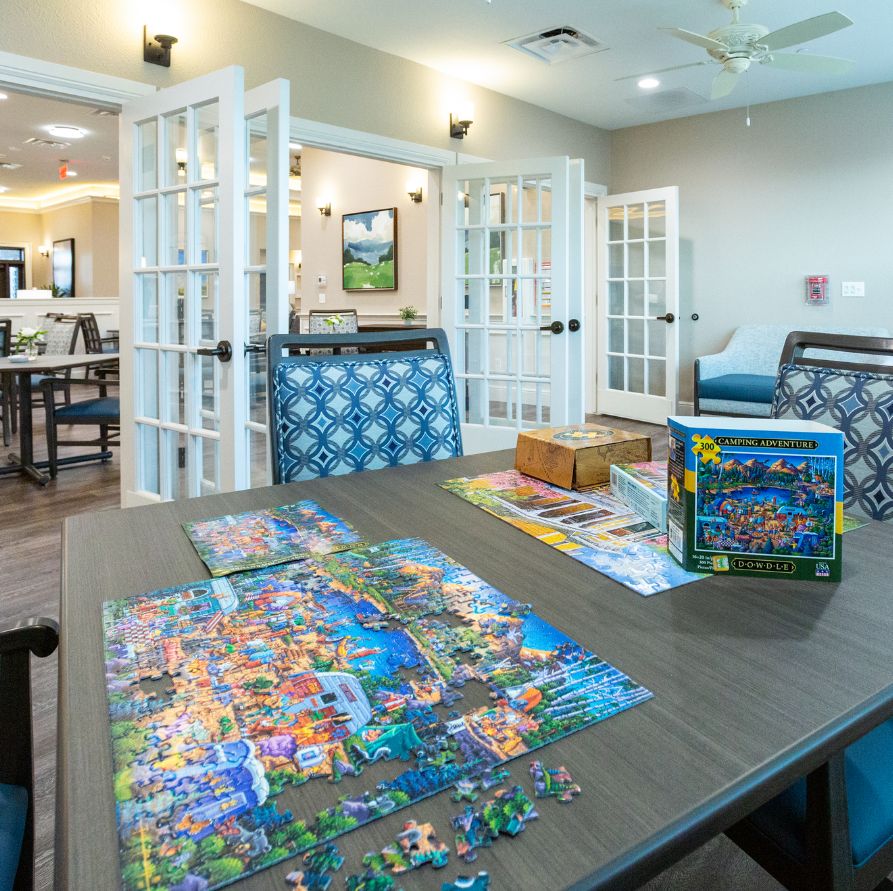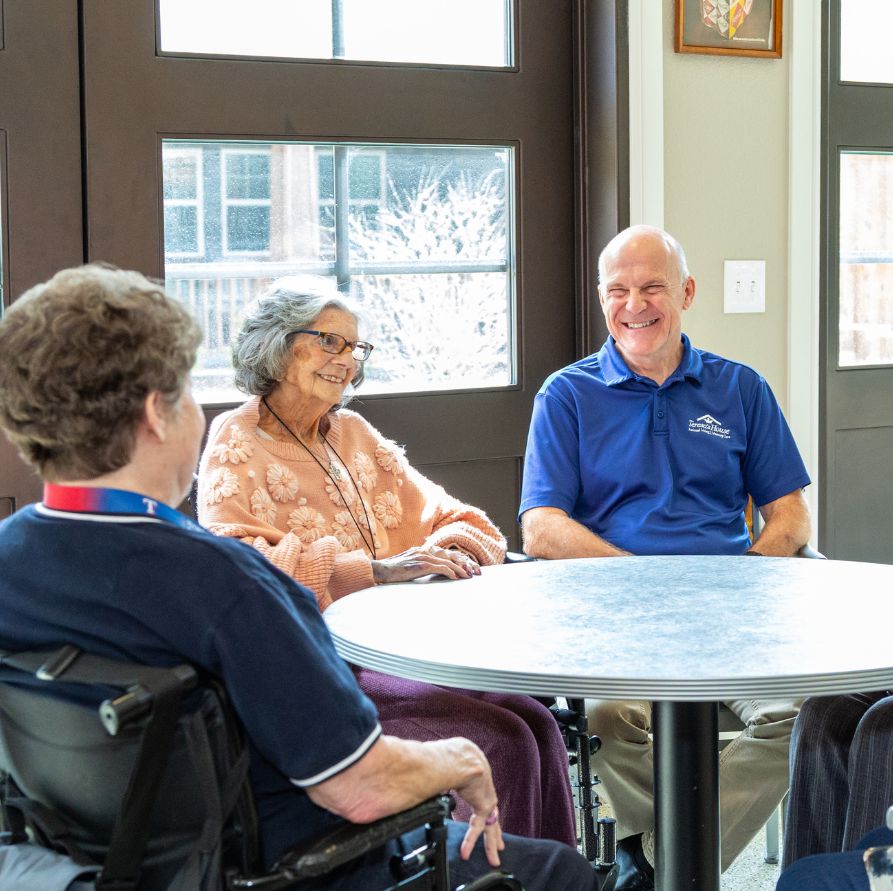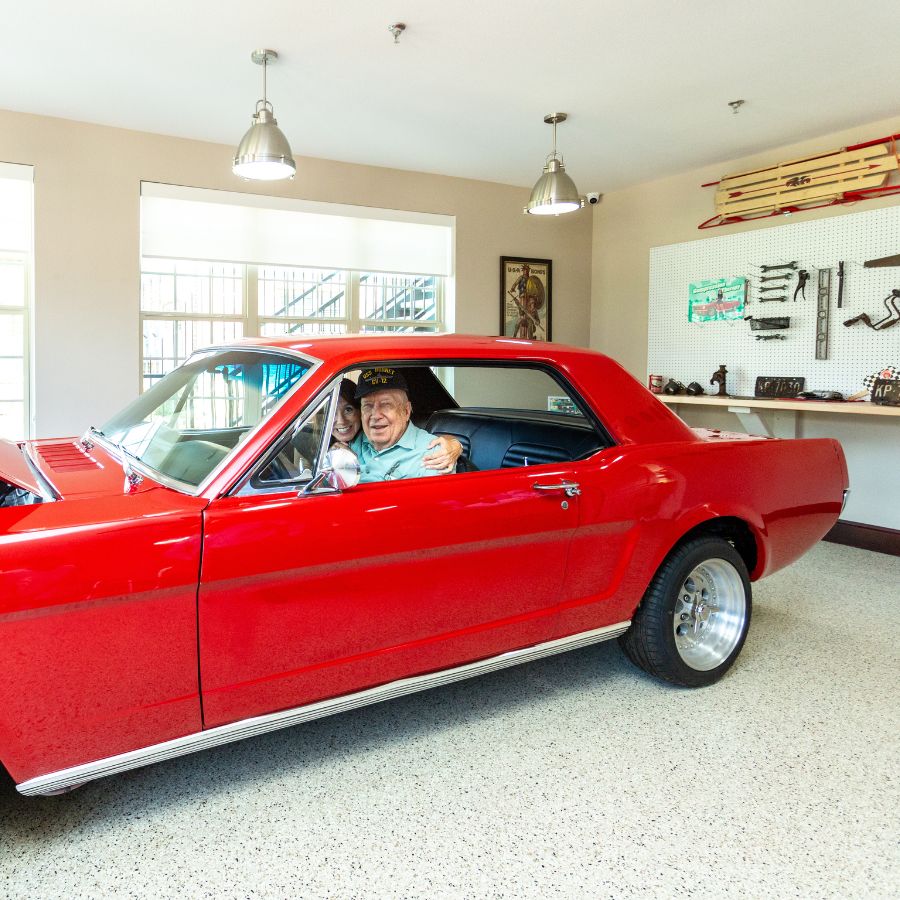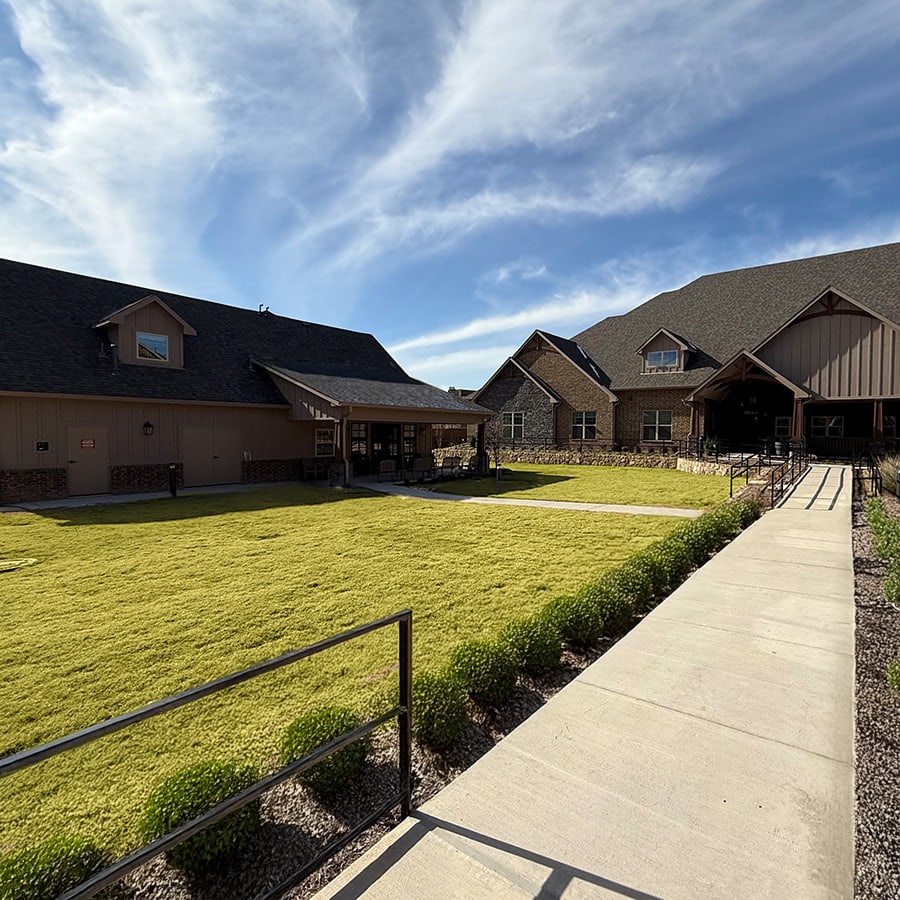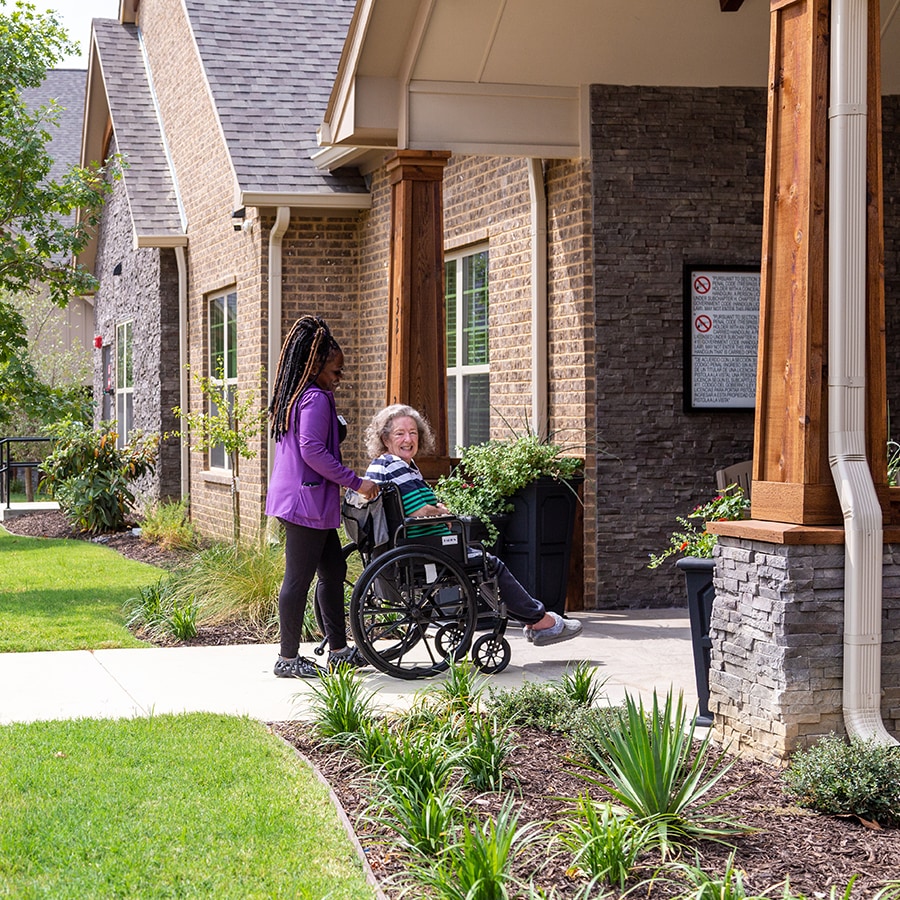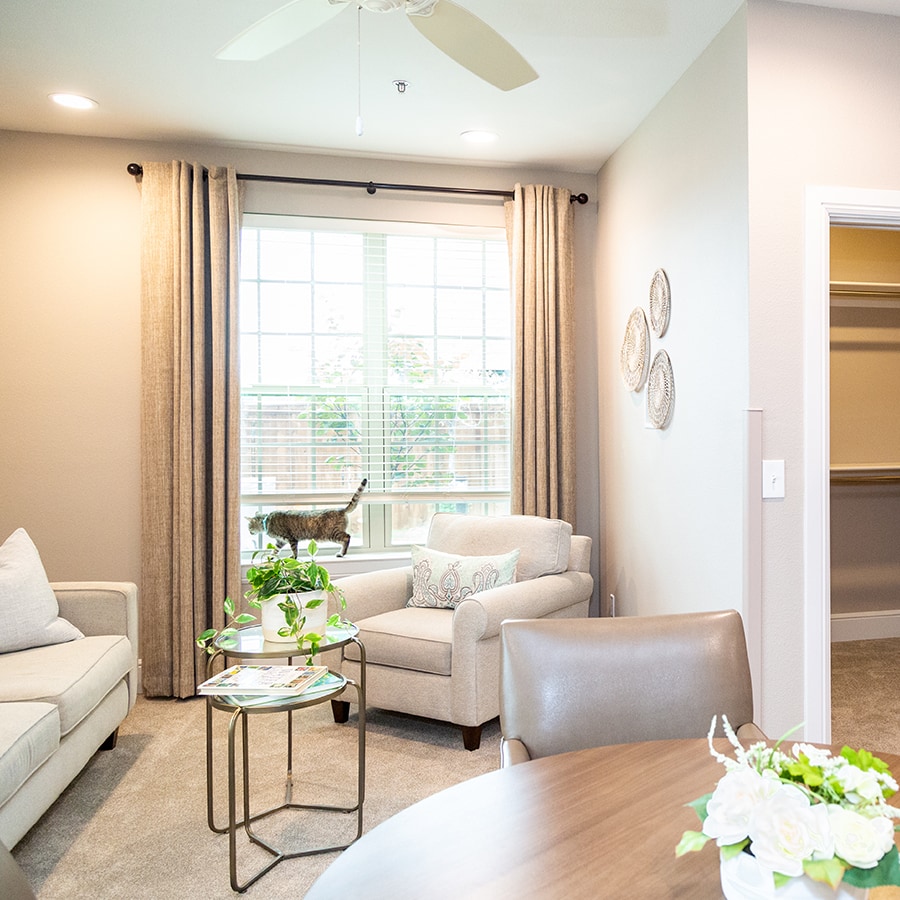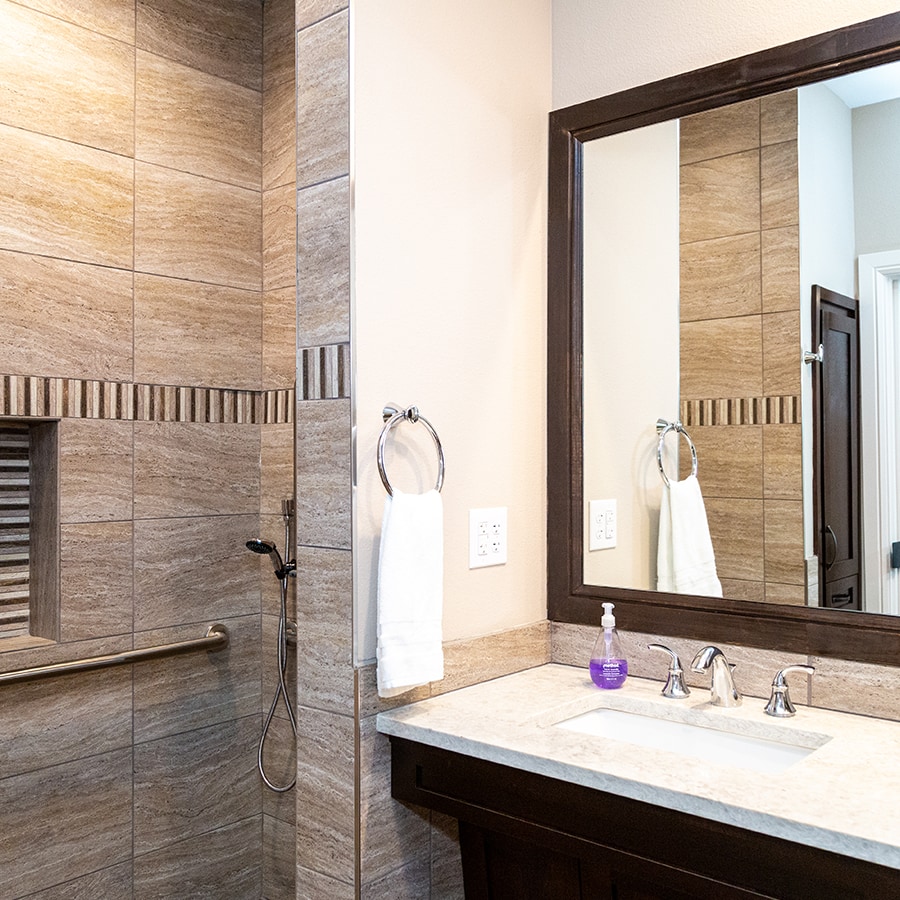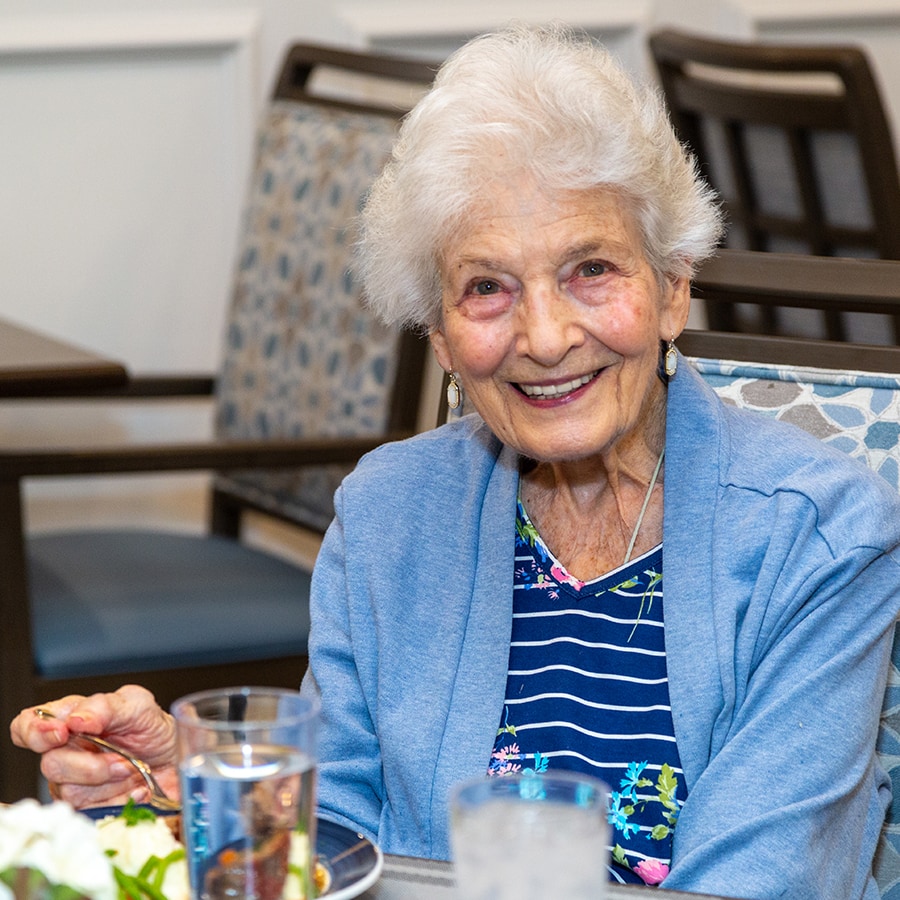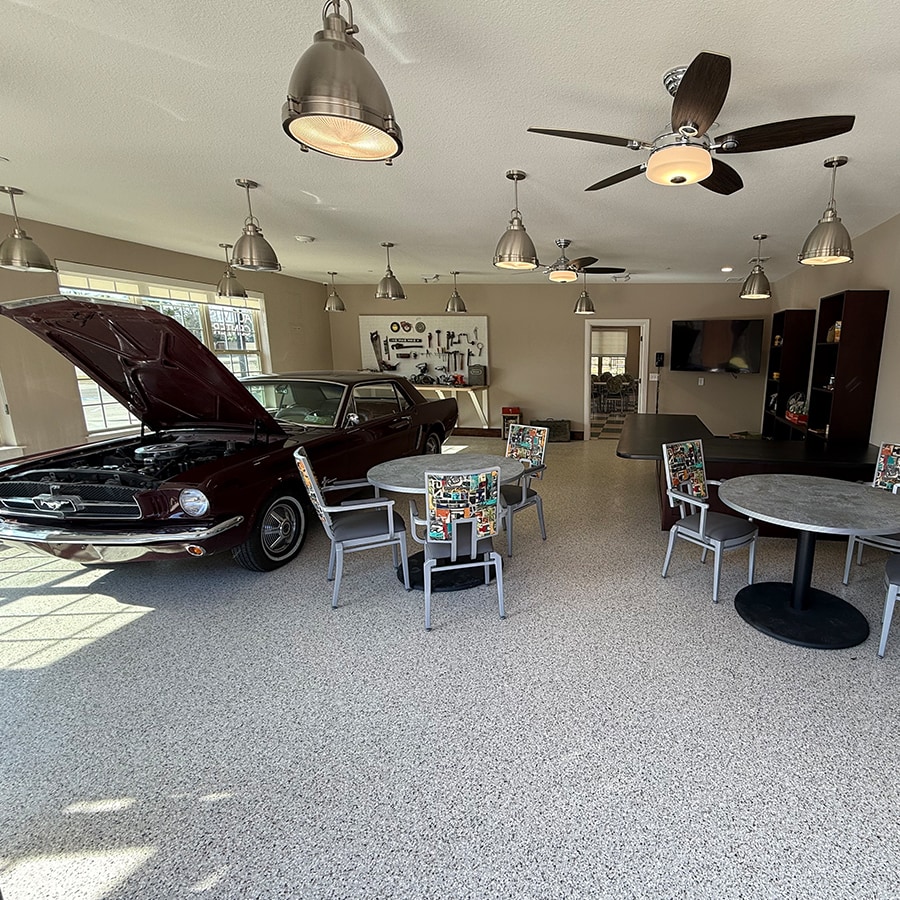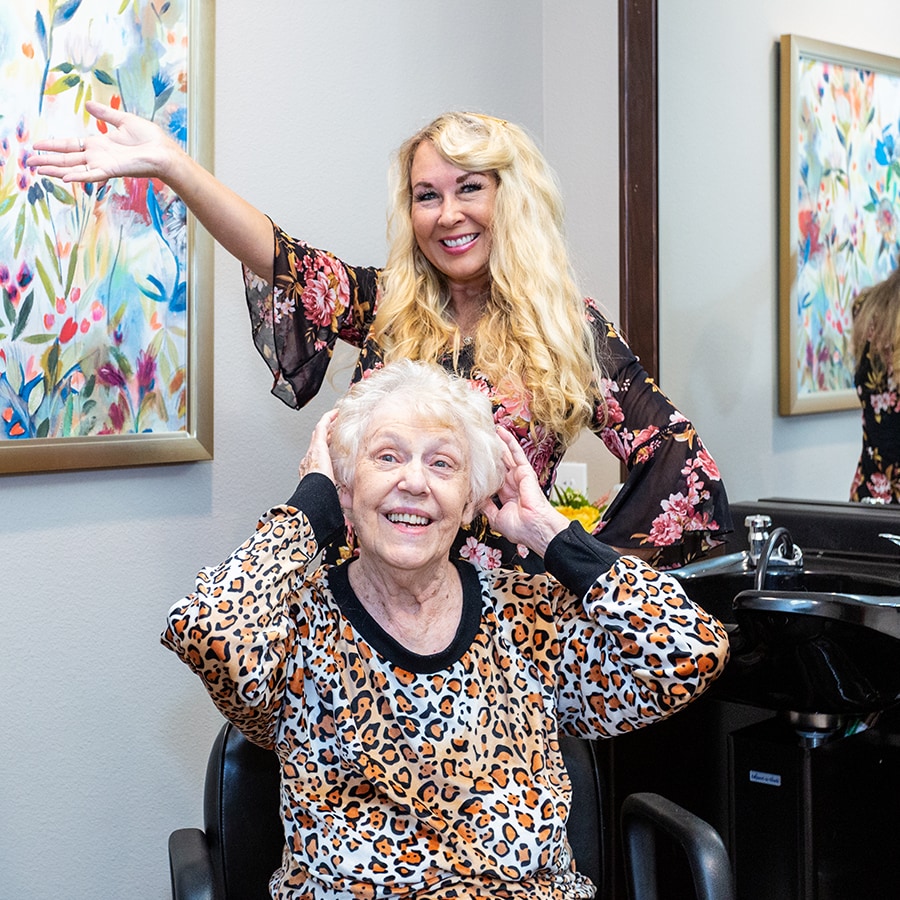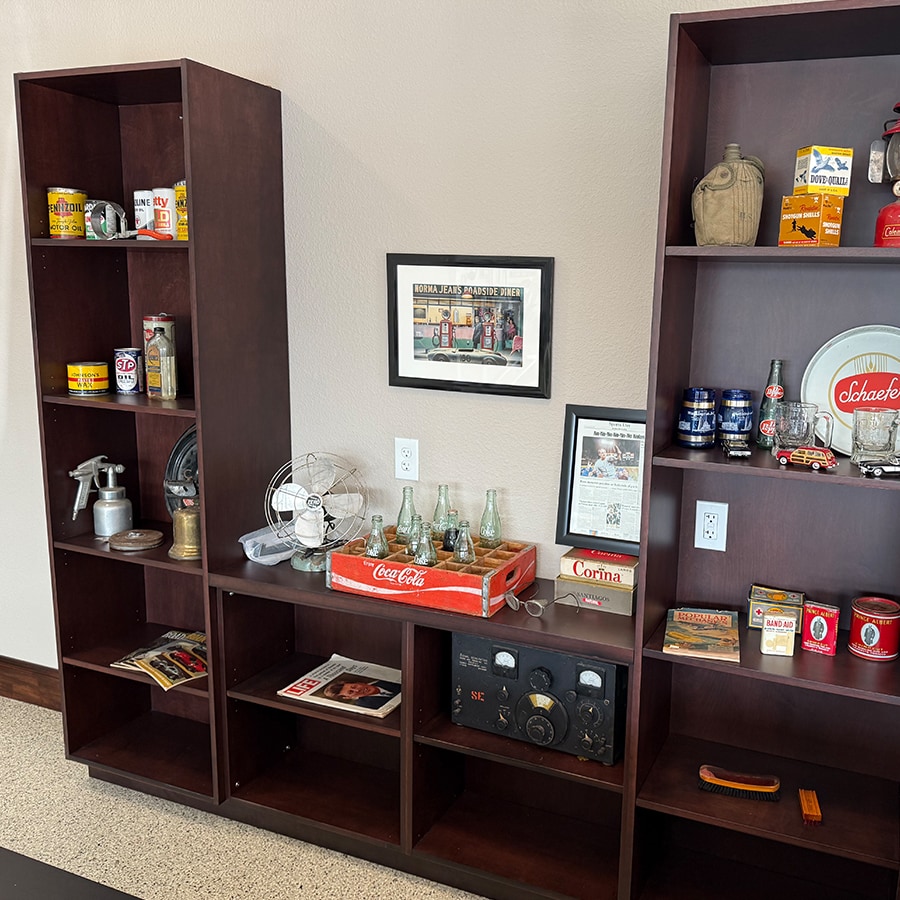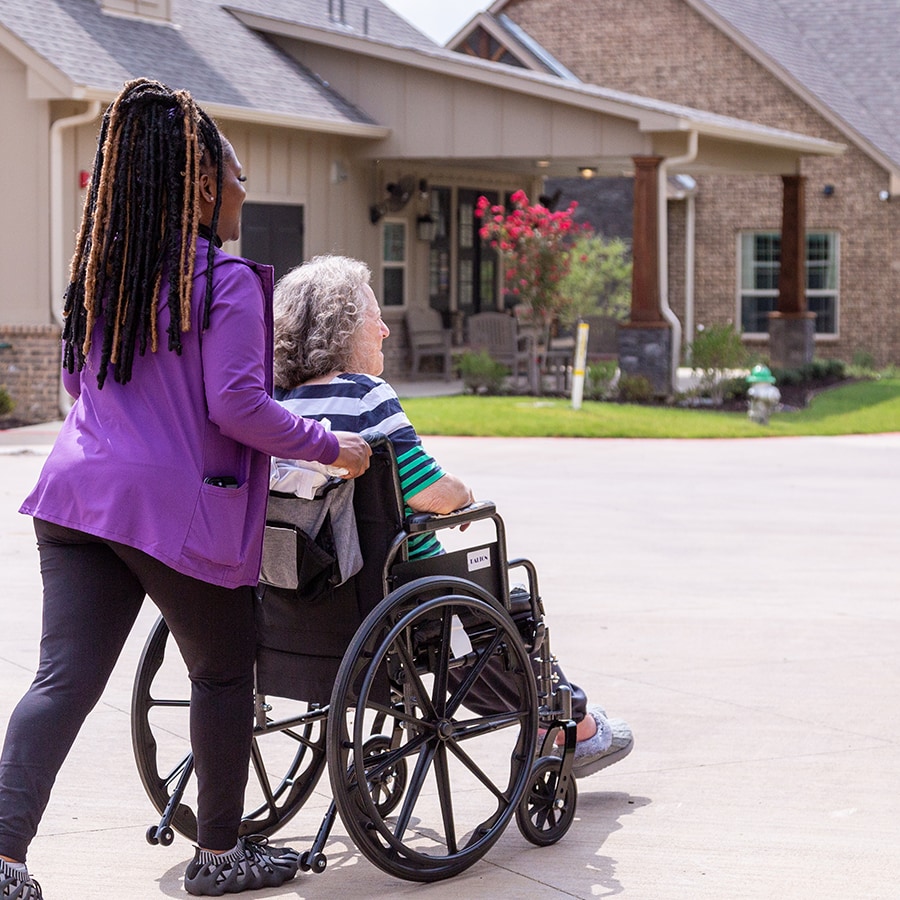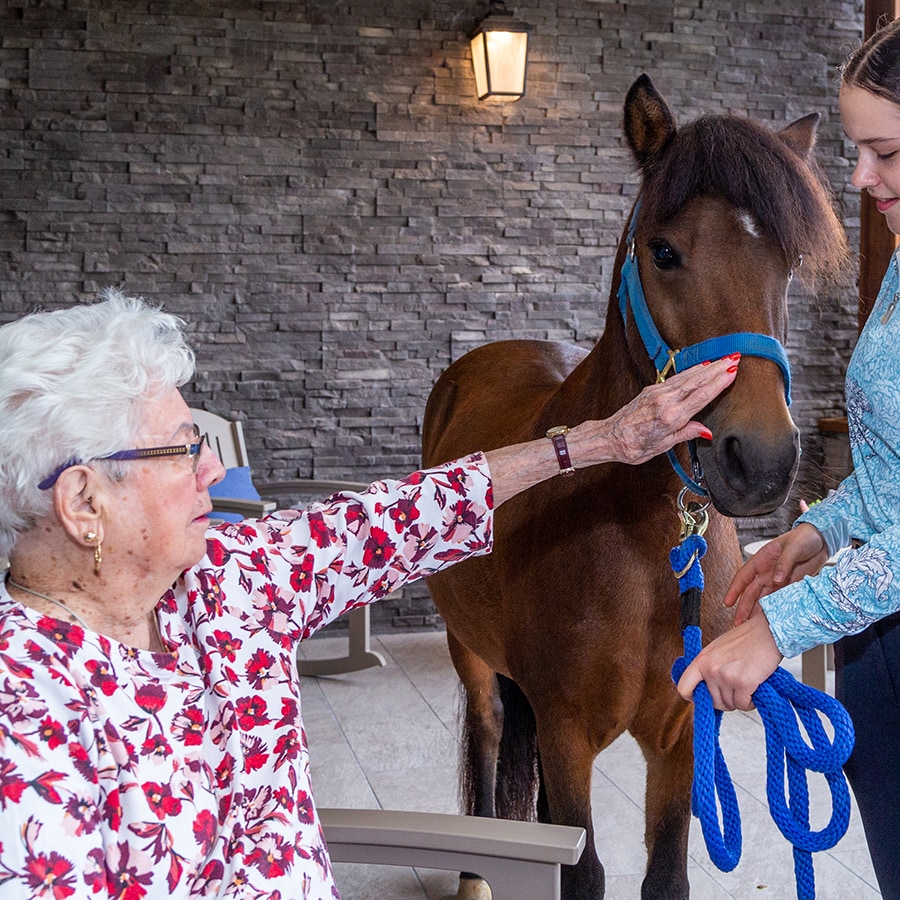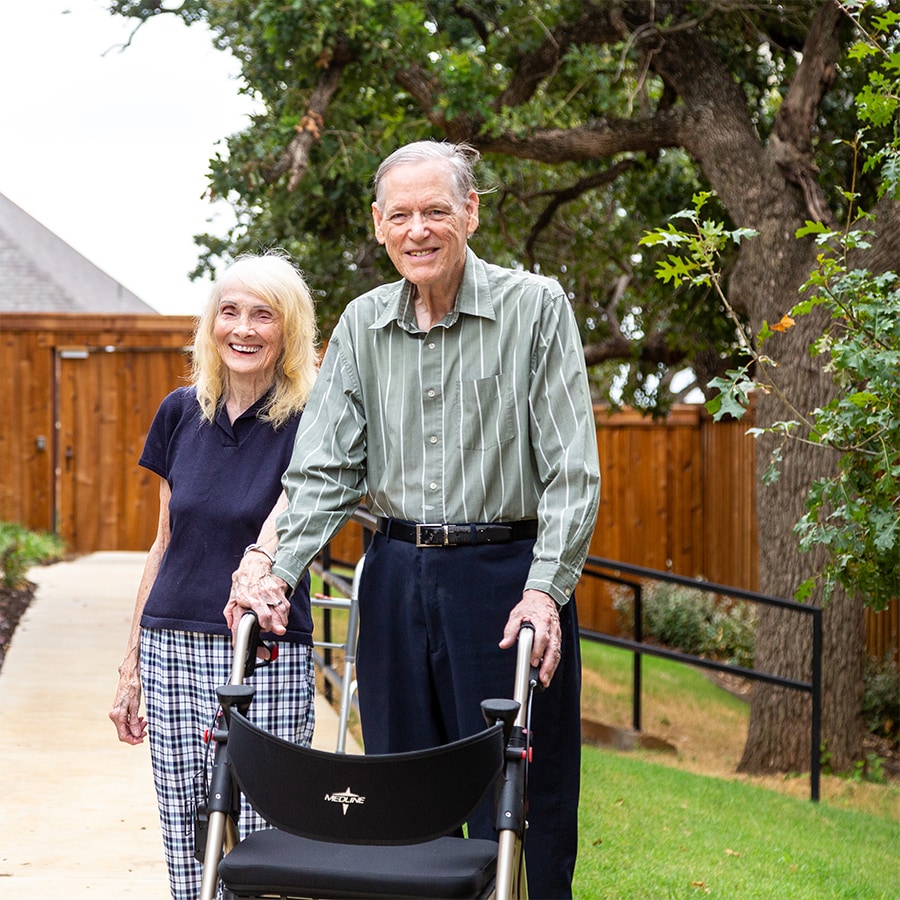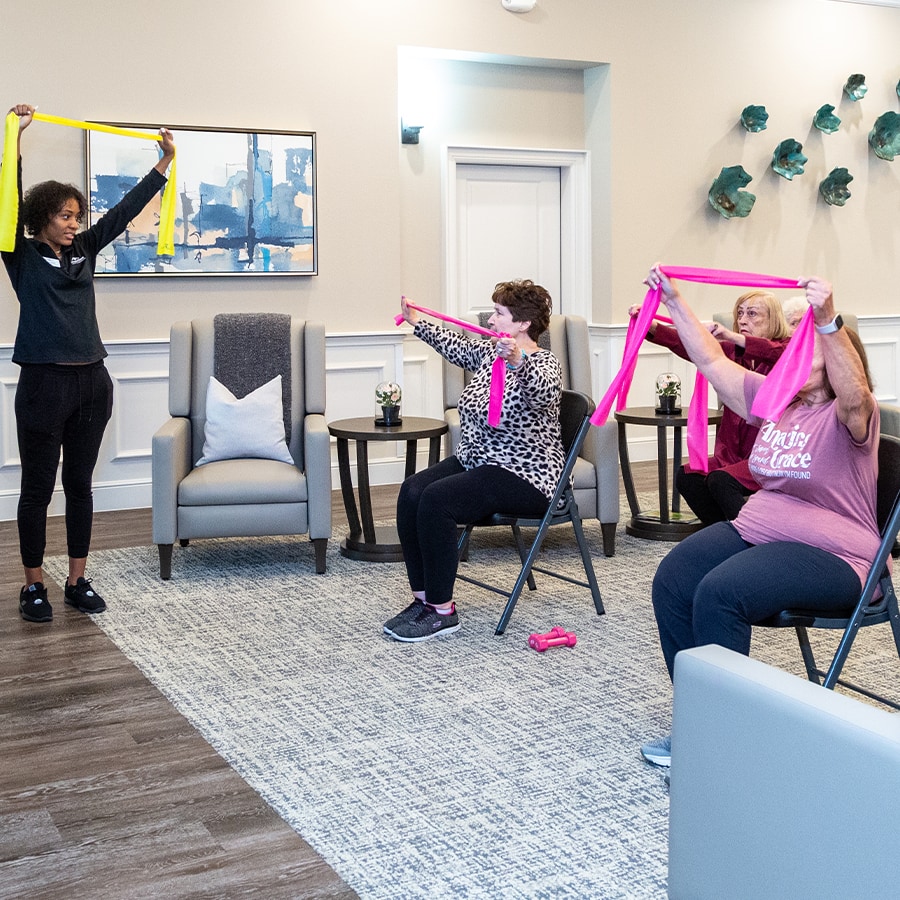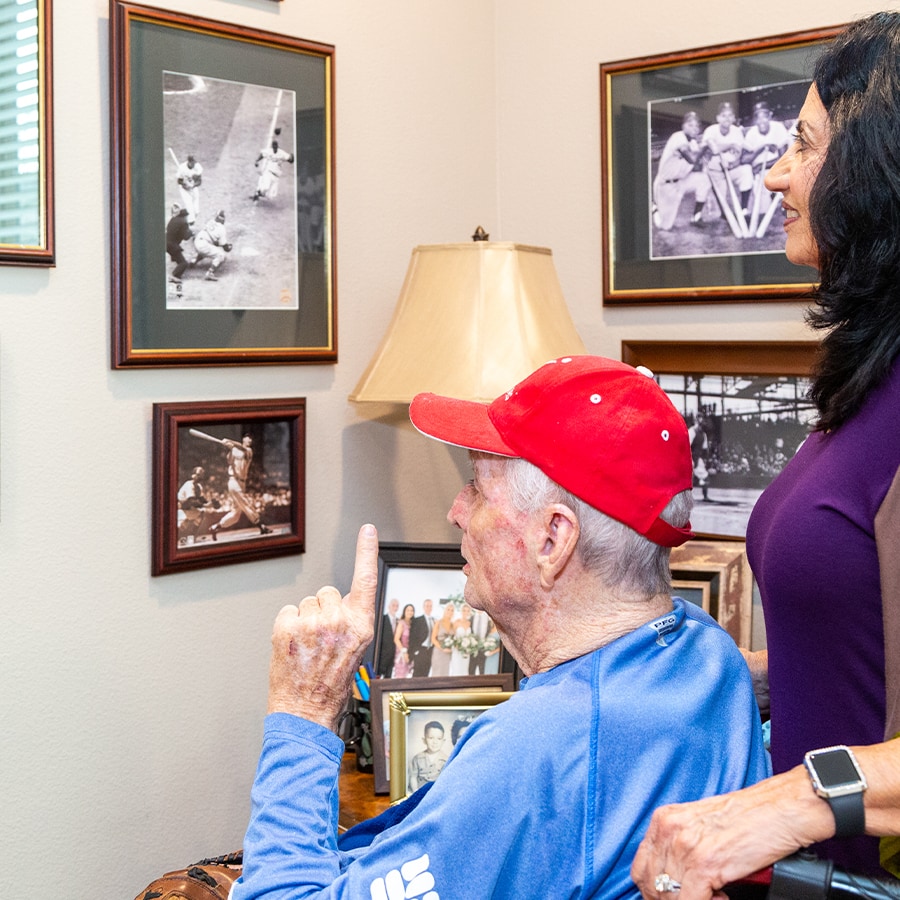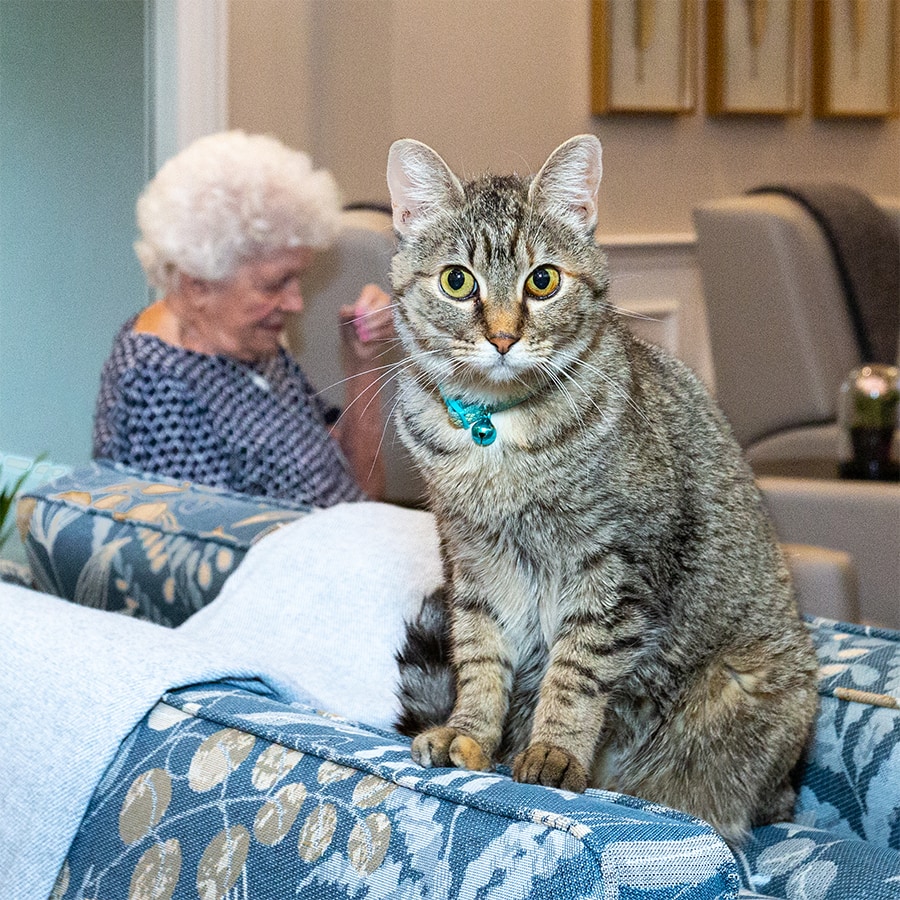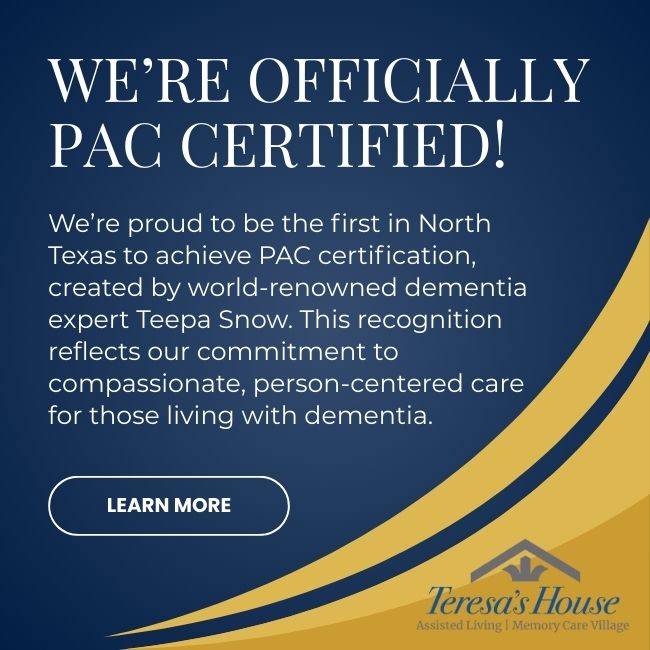Deciding the best care for your loved one is never easy, especially as their needs evolve. For caregivers and family members, recognizing when it’s time to transition from assisted living to memory care can feel overwhelming.
However, memory care can help improve seniors’ quality of life. When you start noticing that your loved one’s dementia progresses to a point where their behavior puts either themselves or others at risk, it’s worth considering a change.
How Does Memory Care Differ from Assisted Living?
Assisted living focuses on supporting seniors with daily activities such as meal preparation, bathing, and medication management while allowing them to maintain independence. Residents usually retain a sense of autonomy and require minimal supervision.
On the other hand, memory care specializes in supporting seniors with Alzheimer’s, dementia, or other cognitive impairments. Memory care communities assist with daily activities, provide 24/7 supervision, a safe environment designed to reduce confusion, and highly trained staff who understand the complexities of memory loss.
Key differences include:
- Environment: Memory care communities are designed with safety in mind, including features like secure doors to prevent wandering and layouts that reduce confusion.
- Specialized Programs: Seniors in memory care benefit from activities tailored to stimulate cognitive abilities and memory retention.
- Expert Staff: Caregivers in memory care have advanced training to support those with dementia and other memory-related conditions.
This specialized focus ensures a higher level of both care and comfort for seniors facing memory challenges.
Who Decides If My Loved One Needs to Transition to Memory Care?
Ultimately, the decision to transition from assisted living to memory care should involve input from various people and professionals. Here’s who you should consider consulting during this decision-making process:
- Healthcare Providers: A doctor or specialist who understands your loved one’s medical history can offer invaluable guidance about their current and future needs.
- Assisted Living Staff: Caregivers at assisted living communities often have direct insight into your loved one’s day-to-day challenges. Regular check-ins can help identify changes in memory or behavior that may indicate the need for additional support.
- Family Members: Family members typically know the person best and can observe behavior, conversation, and memory changes. They may collaborate with siblings or relatives to make a collective decision.
Combining these perspectives allows you to make informed choices rooted in care and compassion.
What Signs Indicate It’s Time for Memory Care?
Knowing when it’s time for memory care isn’t always obvious, but staying vigilant can detect changes that signal the need for specialized support.
Behavioral & Health Signs
- Wandering or Persistent Confusion: Memory care may provide a safe environment if your loved one starts wandering or experiences difficulty navigating familiar spaces.
- Difficulty Performing Basic Tasks: Struggling to complete essential daily activities such as eating, dressing, or using the restroom unassisted can indicate cognitive decline.
- Aggressive or Agitated Behavior: Personality shifts, agitation, or aggression may signal emotional or unmet medical needs requiring specialized care.
- Neglecting Personal Hygiene: When your loved one forgets to bathe, brush their teeth, or change their clothes, memory care staff can help establish a consistent routine.
- Health Decline Due to Forgetfulness: Missed medications, forgotten doctor’s appointments, or limited nutrition can harm their overall well-being.
How to Notice Memory Care Needs Early
- Visit often to observe any notable changes in memory, behavior, or routine.
- Keep a journal documenting new or concerning behaviors to track patterns over time.
- Talk about their daily routines and the challenges. Sometimes, subtle struggles emerge through everyday discussions.
Acting as soon as you notice these signs helps ensure your loved one receives the care they need before risks escalate.
How Can Memory Care Improve the Life of a Senior with Memory Loss?
Transitioning to memory care can significantly improve safety and quality of life for seniors with cognitive impairment.
Personalized Care
Memory care programs are designed to address the unique needs of those with memory loss. Care plans are tailored to ensure residents receive the right level of support, whether it’s reminders, assistance, or active supervision.
Meaningful Engagement
Cognitive and recreational activities structured around an individual’s abilities and interests allow seniors to stay engaged and reduce feelings of isolation. Examples include music therapy, art sessions, and small group interactions.

Safe Living Environment
From secure premises to fall prevention measures, memory care communities create spaces that allow freedom of movement without compromising safety.
Emotional Support
Living in an understanding and compassionate community helps reduce frustration, confusion, and anxiety. Seniors within memory care are met with kindness tailored to their specific needs, which fosters dignity in daily living.
Moving to memory care not only supports the senior but also relieves some stress for families, knowing their loved ones are in expert hands.
Transition Tips for Moving from Assisted Living to Memory Care
Once the decision has been made to move your loved one into memory care, the transition can feel daunting. Here are some practical tips for everyone involved to ease the change.
Communicate Openly
Discuss the move with your loved one. While they may have some resistance, framing it as an opportunity for improved comfort and care can help them better understand the decision.
Familiarize Yourself with the New Community
Visit the memory care center with your loved one before the move. Meeting the staff and exploring the environment together can alleviate any nervousness.
Personalize Their Space
Bring familiar items like favorite photos, bedding, or keepsakes to create a sense of home in their new living space. A familiar environment can minimize feelings of disorientation during the transition.
Work with Staff on a Care Plan
Collaborate closely with the community staff to establish a care plan and share insights about your loved one’s preferences, routines, and meaningful memories. This personal information helps the staff provide seamless, attentive care.
Take Small Steps
Allow time for adjustment. Transitioning can take weeks to months, so be patient and consistent with your support. Regular visits and reassurances remind your loved one that they are never alone.
Helping Your Loved Ones Thrive
Moving from assisted living to memory care can be difficult, but it’s rooted in love and the desire to provide a safer, enriching environment. Teresa’s House knows that understanding the differences between care settings, recognizing the signs of readiness, and taking steps to ensure a smooth transition gives your loved one the best opportunity to thrive. Contact us today to learn more about memory care and how it can benefit your loved one.


